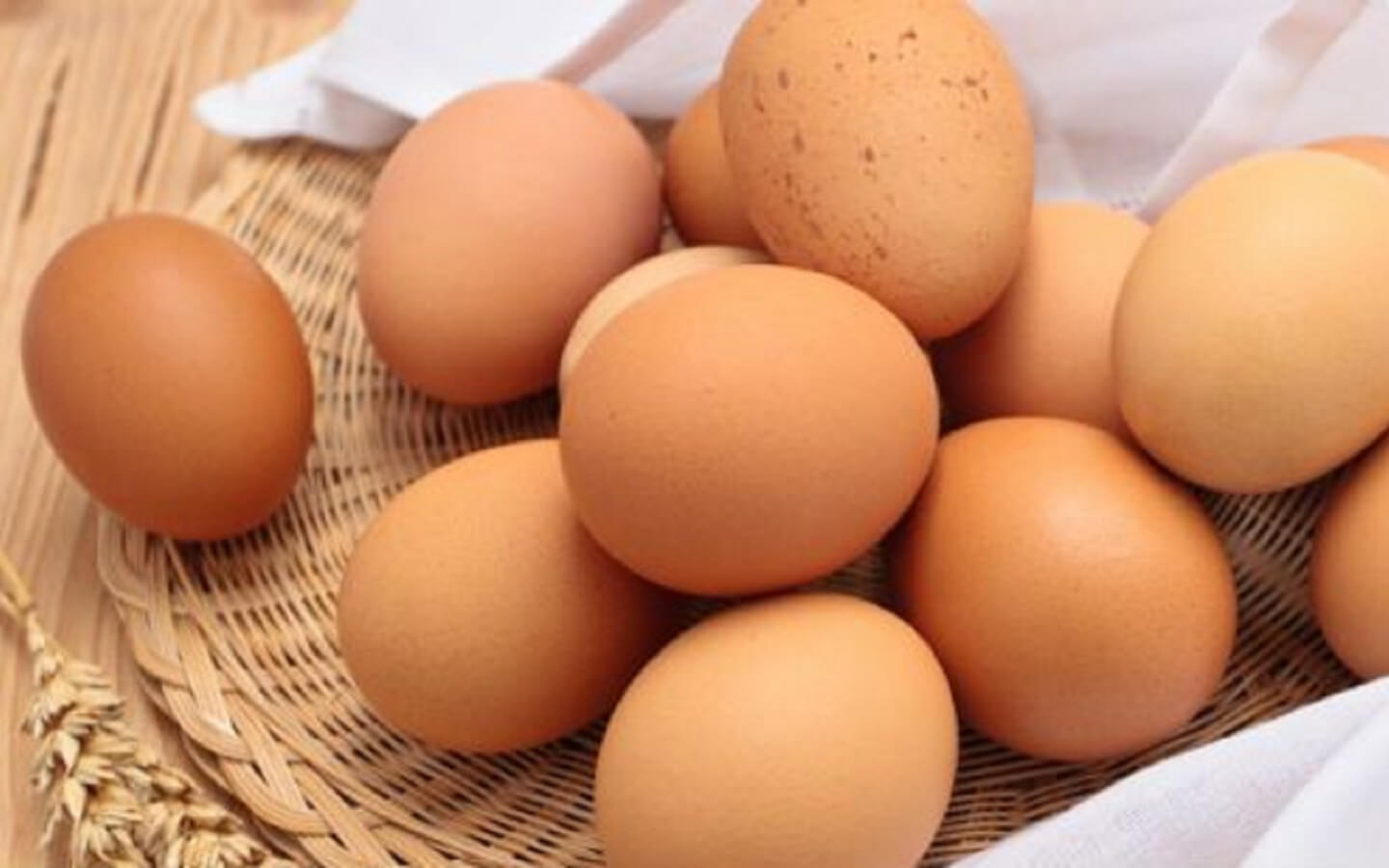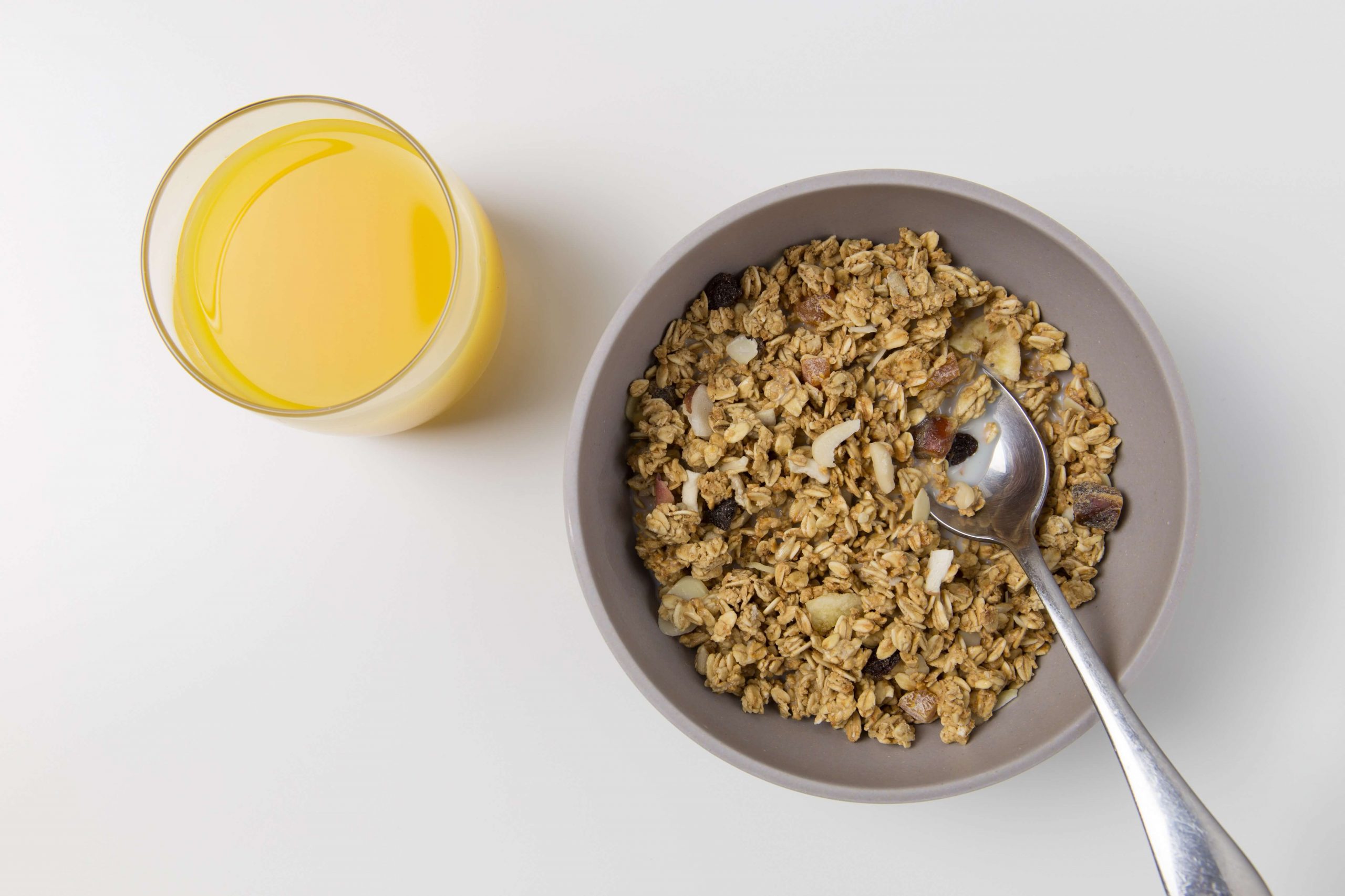Part 1: Get Your Macros Right!
A Short Introduction
There is no magic pill to getting your dream body in a healthy way that works long term. Period. Getting your macros right: carbs, proteins, and fats is the way to go.
Sure, you can do diet pills, try the latest fads, and all that jazz, but you will most likely destroy your body in the process, and put the weight back on. Sometimes, you might even put on more weight than when you started. Taking shortcuts with your health rarely works and the price to pay is really not worth it.
Look, you didn’t get to where you are overnight. You didn’t just wake up one day and went: “what the hell! Where did all this extra weight come from!”. It was a gradual process of you eating junk food, eating more than your body needs and not exercising. This, compounded over months, or even years, has led to where you are today. It’s that simple.
So perhaps getting to your dream body might not happen overnight, or in a week, or a month. Look, we all want quick results, and don’t get me wrong, I am a big believer in getting results quickly, but you can only go as quick as your body can adapt. The more out of shape you are, the more unhealthy you are, the longer it will take for you to build momentum. But you know what: the momentum will come much faster than you think if you stick to a plan that involves eating food that is nutritious. It really is that simple, feed your body what it needs and stop putting things inside your body that you don’t need.
It’s not easy changing your dietary habits, and I get it, healthy food might seem kind of boring. But, you know what isn’t boring?
Waking up feeling amazing! Having the energy to do anything and everything you want to. Having mental clarity that will help you manage your time, your energy, and your productivity.
How we feel is very closely linked to our energy levels. If you feel overwhelmed, that you don’t have enough time and that there is always more to do; it might be that there is a lot to do. Maybe you need to figure out if you need to reorganise your schedule and drop some things.
But my guess is if you had more energy throughout the day if you could focus on each task at hand and do them well; you probably wouldn’t feel overwhelmed or stressed. That’s why personally a nutritious diet is so important. You shouldn’t have to depend on sugar, energy drinks, soft drinks to get you through the day. These will all destroy your health in the long run. Easier said than done, I know, but…
Once you notice the changes in your body and how amazing you feel, “a boring diet” won’t seem so boring anymore.
There are tons of ways to eat nutritious foods that are good for your body and make them delicious. Plus, once you are not stuffing your face as often with crap, you’ll enjoy more refined tastes that aren’t as intense.
Whole foods and unprocessed foods are the way to go. Why? Because they contain the nutrients that the body cannot produce on its own.
Have you ever actually asked yourself that question, why do we need to eat? I mean I am sure you have some answer like well to not die. But seriously, do you actually know what nutrients your body needs and why?
Anything that you eat that is not useful for your body will just become waste, and in the process will damage your body as well as use its resources in a non-efficient way.
Why Do We Need To Eat?
To keep it simple, your body can synthesize a lot of things. But, it can only do so by getting access to certain nutrients which your body breaks down into various molecules. We can classify the nutrients in two categories: macronutrients and micronutrients.
Macronutrients
Macronutrients as the name suggests are foods that you need in big amounts: proteins, carbohydrates and fats. Think of these as the foundation, the brics of your home.
Micronutrients
Next up, micronutrients are foods that you need in smaller quantities such as vitamins and minerals. Why smaller quantities? Your body just doesn’t need as much, a little can go a long way. You can think of these as the cement that holds all the brics, foundation blocks together.
Each nutrient has a specific function in your body. Essential macronutrients and micronutrients can be grouped into 6 main groups.
Proteins
Proteins are super important for so many reasons. Yes, they are vital to putting on muscle and to bulk up, but even more than that, they are the building blocks for so many things in your body. Just about every cell in your body, your hair, your skin, your bones contain proteins. All of your hormones, your antibodies and other various important elements are all made using protein, if not completely at least partially.
Proteins are made up of amino acids, while the body can produce some of them it needs to get the rest from your diet.
To function properly your body needs 20 amino acids. Out of those 20, 9 are considered essential.
These are:
- Histidine
- Isoleucine
- Leucine
- Lysine
- Methionine
- Phenylalanine
- Threonine
- tryptophan
- valine
Why are proteins essential?
The only way your body can get access to protein is through your diet, your body cannot produce them on its own. When you consume protein, your body then breaks it down into amino acids. These, in turn, help with various processes such as: growth and maintenance, biochemical reactions such as digestion, maintaining proper pH balance in your blood and much, much more.
Where should you get your proteins from?
The popular sources are of course meat, fish and eggs and they are arguably great sources of proteins. But personally out of those three I prefer fish, as you can get some great fatty acids such as omega 3 from salmon. For the most part I get my proteins from plant sources such as nuts, legumes, and seeds. They are great for 2 reasons: they usually contain fiber, tons of great vitamins and healthy fats, and they are more environmentally friendly. Not to mention that animal life isn’t taken in the process.
Having said that, I am not vegan, although I do encourage everyone to eat a mostly vegan diet. For some people completely cutting out meat is not only hard but also sometimes dangerous to their health. I usually eat meat about once or twice a week.
How much protein should you eat?
Protein should be about 20%-30% of your diet. This of course depends on your level of activity, your genes, your current state of health, and your body goals. If you want to have an exact answer for your case, then consult a nutritionist, or experiment. I truly believe that you can figure out your daily needs through research and experimenting.
But, for the most part, roughly 1 gram of protein per kilogram of weight is the standard for a healthy individual. About 56 grams of protein are required for a sedentary man and 46 grams for the sedentary woman. If you workout and are very active then you need more. Too much protein is better than not enough.
Proteins are a bad source of fuel
Although a lot of people think that proteins are a source of fuel for your body since it’s associated with athletes and fitness freaks. Proteins are a terrible source of fuel and your body only uses it as a last resort. This brings us to the next essential macronutrient: carbohydrates.
Carbohydrates
Yes, you need carbs.
Before you say what about all these no carbs diets or your personal results from not eating carbs? I say be careful and read on.
You do need carbs, but not all carbs are created equal. You should get carbs from whole food sources. But before we get into that, let’s talk about what carbs are and why you need them.
What are carbohydrates?
If you want to get sciency, carbohydrates are a combination of carbon, hydrogen, and oxygen atoms in specific ratios. What exactly are those ratios? I don’t know and I don’t need to know to have a healthy diet. But, if you are into all that then please by all means look it up.
The primary function of carbohydrates is to provide your body with energy: fuel.
Carbohydrates fuel your body
You eat a carb and then your body breaks it down into glucose before it enters the bloodstream. Once inside your blood, your body’s cells use it to create a fuel molecule called adenosine triphosphate (ATP). How does it do that? Magic! Just kidding, it’s quite a complex process which, to keep it simple, is called cellular respiration. Your cells then use ATP to power a variety of metabolic tasks.
Carbohydrates break down into glucose
In short, you need carbs, especially if you like to do intense short burst workouts. Your body will use carbs as its source of fuel and when it runs out, that’s when you can potentially start burning muscle instead. That’s not what you want. If you are gyming a lot and having a hard time putting on muscle, it’s not just protein you need, but carbs.
Once your immediate needs of glucose are met, your body stores the excess carbohydrates as glycogen mostly in your liver and muscles. The glycogen inside your muscles is only used by your muscles. And you guessed it: it’s used during intense physical activity. So get some carbs in!
If both your glucose and your glycogen levels are full then your body stores the excess as triglyceride molecules and fat. That is why a lot of diets tell you to drop carbs or restrict carbs. I agree that most people probably eat too much carbs and the main problem is that they get carbs from bad sources such as refined foods ie pizza, pasta, white bread, cookies…
Where should you get your carbs?
Whole grains, beans, fiber-rich vegetables, and fruits. For example, bananas, dates, broccoli, cauliflower, pinto beans, sweet potatoes, brown rice, and quinoa. Get them from whole foods that haven’t been processed and you should be fine. If you want to get even more specific, you can look into simple carbs and complex carbs. If you want to keep it simple, stick to whole food carbohydrates.
How much carbs should you eat?
Again, it depends on your activity levels, your genes, and your needs. Roughly 50% of your diet should be carbs, but don’t make it all fruits or potatoes. The bulk of it should be coming from fibrous vegetables (peas, beans, carrots, broccoli, cauliflower, spinach, mushrooms, just about every vegetable is a fibrous carbohydrate), and only a minority from fruits & starchy carbohydrates aka potatoes.
Fats
Now I know that when most of you think of fats, you think of something negative. You actually need healthy fats in your diet to have a healthy balanced nutrition. Fat is one of the 3 macronutrients required in your diet.
What are fats?
Want a bit more of science? Here you go!
You consume fats in the form of triglycerides.
What is a triglyceride molecule? A triglyceride is a molecule made up of 3 fatty acids attached to a glycerol backbone. The fatty acids themselves contain chains of carbon and hydrogen.
Fats are usually classified by their length: short chain fatty acid, medium chain fatty acid and long chain fatty acid. Most of the fats we consume are long chain fatty acids.
There are generally 3 kinds of fats: polyunsaturated, saturated fats and trans fats. Polyunsaturated fats are what our body needs, as well as saturated fats in small quantities. Trans fats should be avoided as they are bad for your health.
Healthy fats are a great source of energy
Fats are a great source of energy, they provide 9 calories per gram compared to 4 calories per gram for protein and carbohydrates. But as they are so calorie dense that is why you don’t need so much.
How are healthy fats used within the body?
Hormone and gene regulation: Fats regulate the production of reproductive and steroid hormones as well as genes involved in growth and metabolism.
Brain Function
You need fat for good brain health. Polyunsaturated fats contain essential fatty acids (EFA) Omega-3 and Omega-6. Our brain needs these to function properly. Want to know something amazing? Saturated fat is actually one of the main components of brain cells. Your body cannot synthesize these fats so you need to eat them. Eating high-quality fats has been shown to reduce diseases such as dementia.
Fats also help in the absorption of fat-soluble vitamins such as vitamins A, D, E and K.
A Bonus of fat that isn’t necessarily health-related: it makes food taste better. Cooking in olive oil or butter makes food taste way better. Maybe it’s a way of our body to let us know that we need them?
How much fat should you eat?
Each person will have varying needs, but generally, anywhere between 15%-30% of your diet should be fats.
Where should you get your fats from?
You should aim to get most of your fats from unsaturated fat sources such as fish, nuts, seeds and vegetable oils. For example salmon, cashews, almonds, flaxseeds, olive oil, coconut oil.
Avoid trans fats and limit your intake of saturated animal-based fats such as butter, cheese, and red meat, and of course ice cream (but ice cream doesn’t really have any health benefits, whereas the others do in small quantities).
So that’s it for the macronutrients, up next we have the 3 micronutrients.
We will cover those in another part of the nutritious food is the magic pill series. So stick around!










